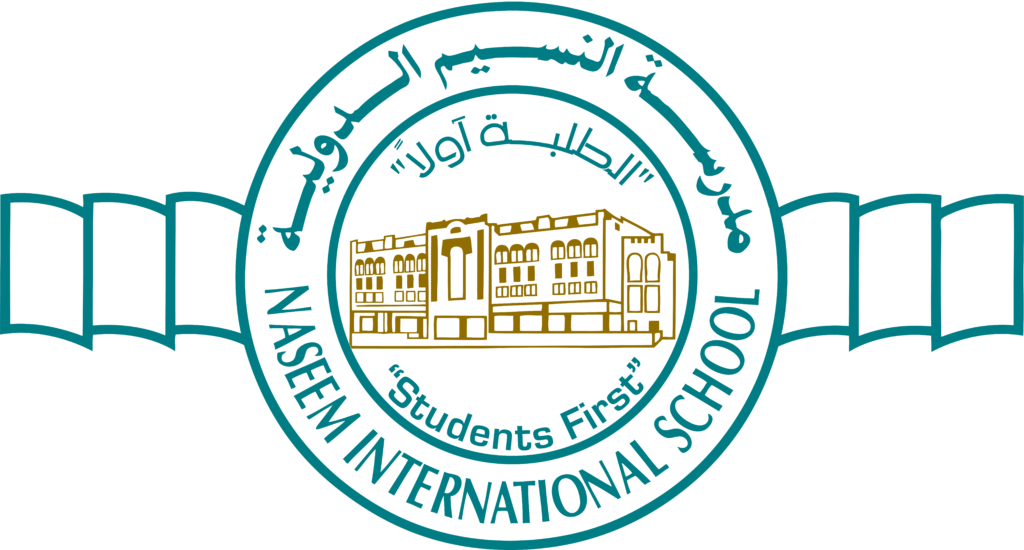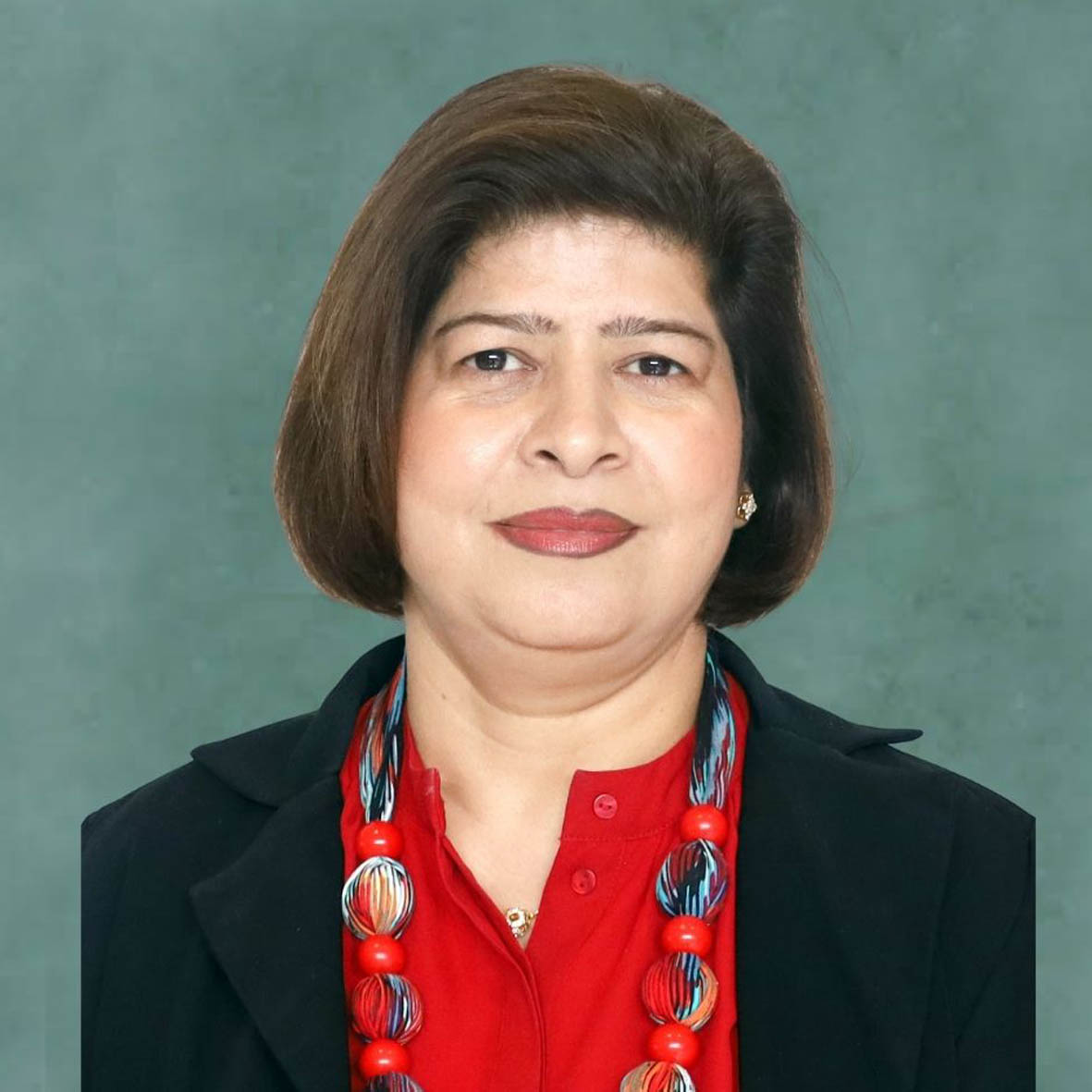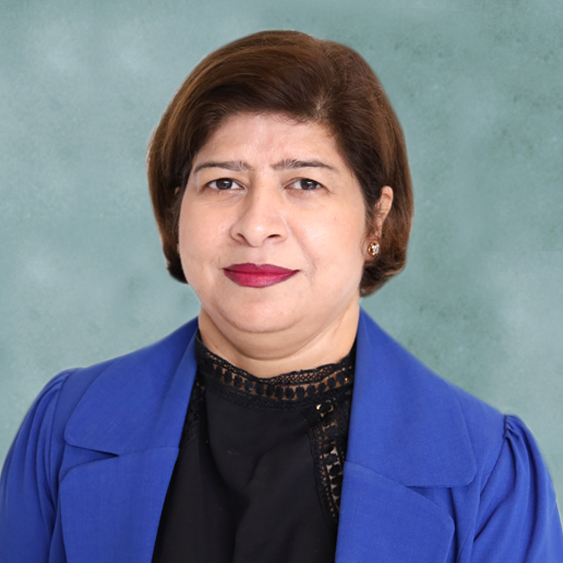Empower Your Child's Future
NIS IB Primary Years Programme (PYP) - Authorized in 2008
The PYP promotes an international perspective which recognizes and welcomes the diversity of student experiences and backgrounds. A PYP school strives towards developing an internationally-minded person who demonstrates the attributes of the IB learner profile. The core curriculum is taught by the homeroom teacher while Art, Music/Drama, Library and Physical Education are taught by single subject teachers. Information Communication Technology is integrated into all aspects of the curriculum.
Units of Inquiry
We use an inquiry-based approach where our teaching methods build upon individual understandings, knowledge and interests, emphasizing how to learn and how to delve deeper, while developing critical thinking skills. The units of inquiry (UOI) make up the programme of inquiry and are developed under the IB’s transdisciplinary themes, making learning for understanding more effective.
Each Unit of Inquiry (UOI) allows the students to explore key concepts such as:
- Form: What is it like?
- Function: How does it work?
- Causation: Why is it like it is?
- Change: How is it transforming?
- Connection: How is it connected to other things?
- Perspective: What are the points of view?
- Responsibility: What is our obligations?
Concepts are big ideas that children inquire into to ensure that they understand what they are learning. Concepts such as change, migration and survival, drive units of inquiry, while concepts such as motion, rhythm and pattern drive single subject teaching at NIS.
Essential Elements
The PYP curriculum gives students the opportunity to take an active role in their learning and is based on five essential elements:
- Concepts
- Skills
- Knowledge
- Learner Profile Attributes
- Action
The PYP also requires the development of transdisciplinary skills which transcend the individual subject areas. These include thinking, communication, social, research and self-management skills. We also aim to develop appropriate attitudes, including appreciation, commitment, confidence, cooperation, creativity, curiosity, empathy, enthusiasm, independence, integrity, respect and tolerance.
Finally, students are encouraged to apply all that they have learned by taking action, not only in the school community, but also in the wider world. Effective action is voluntary and involves the students in exercising their own initiatives and taking on responsibilities.
ES – ACTION
It is easy to define the word “action”. Action is when you do something.
However, in the context of an IB school, action is more than just doing something. Students are encouraged to take action as a result of their learning to make the world a better place. This requires them to choose, act and reflect numerous times. They are made aware that there are different kinds of actions that we can take and depending on our desired outcome.
If I want to create awareness around a certain issue I can take action by making a video, website or a poster and sharing it, I can write a letter to the stakeholders involved or I can start a club. If I want to inspire others to change their behavior, I can ask them to sign a petition, I can start a campaign or develop an APP to track the specific behavior. Action can also be taken as a preventative measure. If I want to prevent a problem or improve a situation I can take action by designing a ‘how-to’ guide, I can invent something or I can organize an event. Finally, action can also be taken to design a solution to a problem. I can build a model or a prototype and test if it works or solves the problem.
At NIS, we encourage our students to take action not only in our immediate school community, but also in a local community in the Kingdom of Bahrain and even further afield, on a global scale. These actions include planting trees, taking care of our own garden and school environment, volunteering at local animal shelters, collecting goods and food as donations to the needy, participating in charity fundraising events to support Bahrain Cancer Society, and even reaching out to help people in areas hit by natural disasters.
By doing this, we instill a sense of responsibility in our students; we support the enhancement of their independent thinking and their personal development; we imbue a sense that, as a global citizen, they have a social responsibility to create a better and more peaceful world through intercultural understanding and respect.


